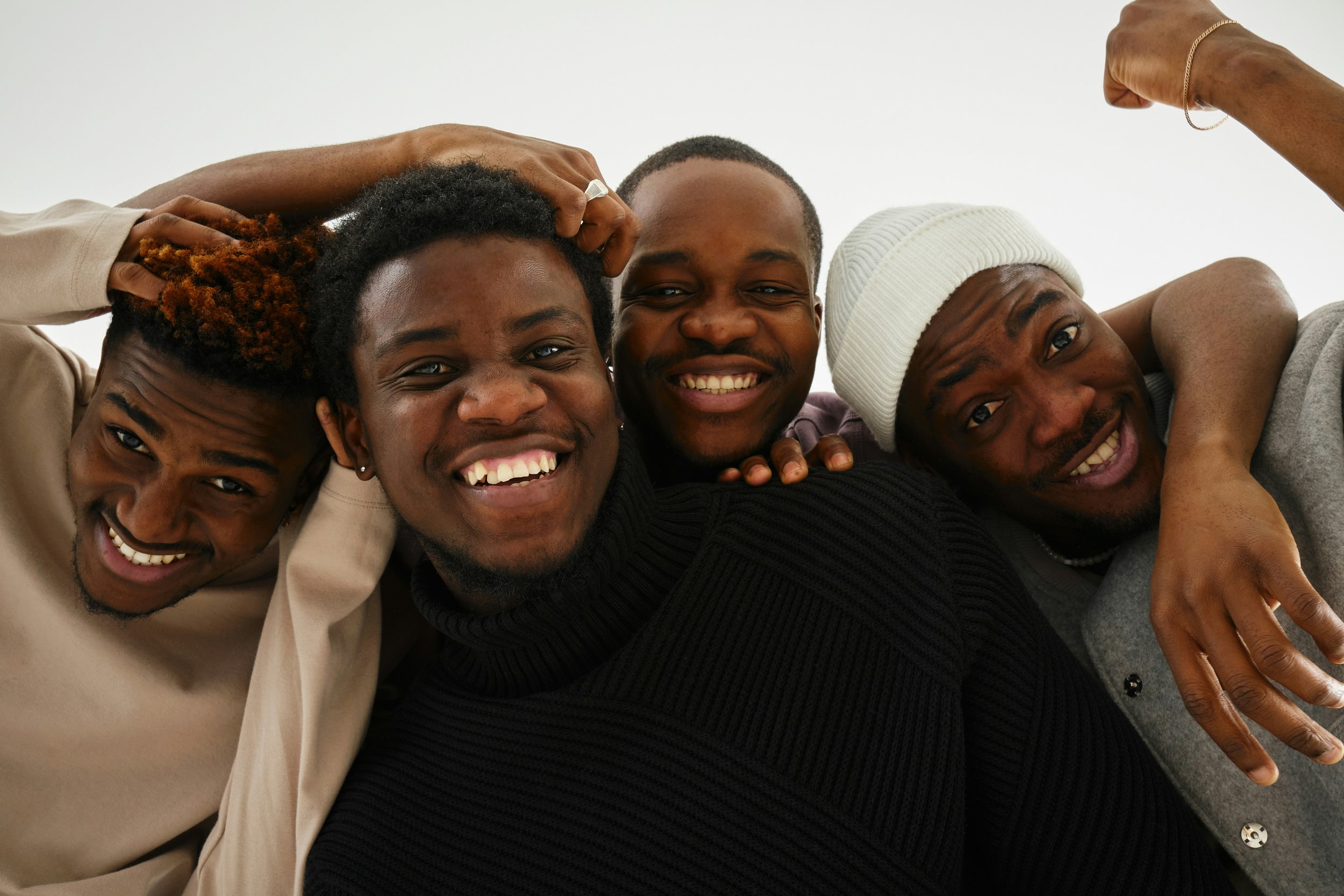Shattering the Stigma: Supporting BIPOC Mental Health
Mental health is a cornerstone of overall well-being, affecting our thoughts, emotions, and behaviors. Yet, for Black, Indigenous, and People of Color (BIPOC) communities, the path to mental wellness is often fraught with unique challenges. This July, during BIPOC Mental Health Awareness Month, we have a vital opportunity to not only raise awareness but also dismantle barriers and foster support for these communities.
The mental health landscape for BIPOC individuals is complex, shaped by a multitude of factors. Here are some key barriers that contribute to the disparity in access to care:
Stigma and Cultural Misconceptions: Traditions within some cultures may view mental health struggles as weakness or a personal failing. This stigma discourages help-seeking behavior and can lead to feelings of shame and isolation.
Discrimination and Racism in Healthcare: BIPOC individuals may experience implicit bias or microaggressions within the healthcare system, creating distrust and discouraging them from seeking professional help.
Limited Access to Culturally Competent Care: Finding therapists or counselors who understand the unique experiences and cultural nuances faced by BIPOC communities can be difficult, creating a significant access barrier.
Socioeconomic Disparities: The affordability of mental healthcare services can be a significant hurdle for BIPOC individuals, who are more likely to face financial hardship.
Historical Trauma: Many BIPOC communities carry the weight of historical trauma, passed down through generations. This trauma can manifest in mental health struggles and can be compounded by ongoing racial inequities.
The good news is that there are concrete ways we can work towards dismantling these barriers and creating a more supportive environment for BIPOC mental health. Here's how we can all play a role:
Championing Awareness and Education:
Educate Yourself: Learn about the unique challenges faced by BIPOC communities when it comes to mental health. Resources like the National Alliance on Mental Illness (NAMI) and the National Council for Behavioral Health offer valuable information.
Start Conversations: Talking openly and honestly about mental health, especially within your own social circles, is crucial. Encourage discussions about the importance of seeking help.
Amplify BIPOC Voices: Seek out and share content created by BIPOC mental health professionals and advocates. Their lived experiences offer invaluable insight.
Advocating for Change:
Push for Policy Reform: Support policies that promote mental health equity and address the social determinants of mental health, such as access to affordable housing and quality healthcare.
Support BIPOC-led Organizations: Donate to organizations that provide culturally competent mental health services and resources to BIPOC communities. Consider volunteering your time or skills.
Fostering Support Within Our Communities:
Promote Self-Care: Encourage healthy self-care practices as a foundation for mental well-being. This can include mindfulness exercises, healthy eating, sleep hygiene, and social connection.
Celebrate Cultural Strengths: Recognize and appreciate the cultural richness of BIPOC communities. These strengths can be a source of resilience and support in dealing with mental health challenges.
Challenge Stigma: Be an ally who challenges negative stereotypes and misinformation surrounding mental health within your community.
Remember, We're All in This Together
By fostering open dialogue, dismantling barriers, and advocating for equitable access to resources, we can create a more supportive environment for BIPOC mental health. Let's remember that mental health struggles do not discriminate. Everyone deserves the opportunity to heal and thrive.
Additional Resources:
The National Alliance on Mental Illness (NAMI): https://www.nami.org/about-mental-illness/
The National Council for Behavioral Health: https://www.samhsa.gov/
The Trevor Project: https://www.thetrevorproject.org/ (Provides crisis intervention and suicide prevention services to LGBTQ youth)
The Jed Foundation: https://jedfoundation.org/ (Mental health resources for teens and young adults)
Let's use BIPOC Mental Health Awareness Month as a springboard, not just for raising awareness, but for creating lasting change. If you’re a BIPOC individual who finds themselves in need of mental health support, reach out to us! We’re here to help.

